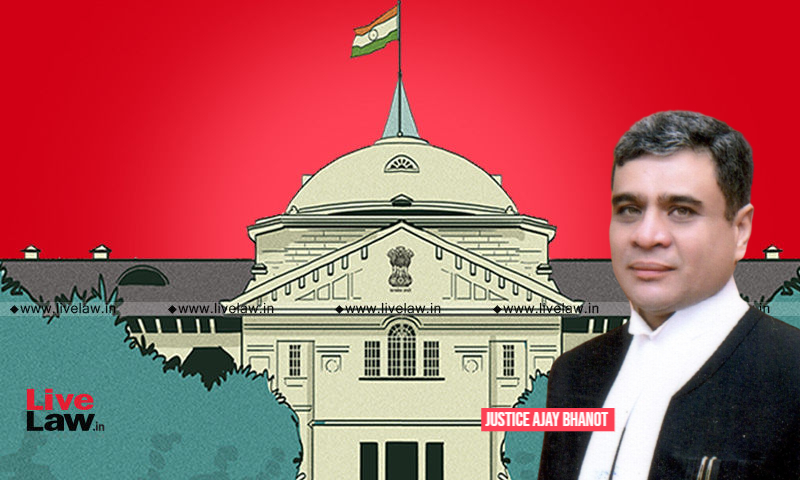Social Media Indecency: Allahabad HC Denies Bail, Highlights Devastating Impact on Lives

In a stern warning against the misuse of social media, the Allahabad High Court recently refused bail to a man accused of circulating indecent photographs of a woman through WhatsApp. The court’s decision underscores the severe and potentially life-altering consequences of sharing such images online, emphasizing the need for greater responsibility and accountability in the digital age.
The case highlights a concerning trend: the proliferation of indecent images and videos on social media platforms. While digital technology has undoubtedly brought numerous benefits, it has also created new avenues for criminal activity, particularly those targeting individuals’ privacy and reputation. The Allahabad High Court's ruling serves as a crucial reminder that these actions carry significant legal and personal repercussions.
The Court's Reasoning: A Call for Protecting Dignity
The court’s refusal to grant bail wasn't merely a legal technicality. Judges noted the potential for irreversible damage to the victim's life, stating that the circulation of such images can “destroy lives.” They emphasized the importance of protecting an individual’s dignity and privacy, particularly in an era where online content can spread rapidly and reach a vast audience.
“The ease with which such images can be shared and disseminated online amplifies the harm caused to the victim,” the court observed. This highlights a key challenge in addressing this type of crime – the speed and scale of online distribution make it difficult to control and mitigate the damage.
The Broader Implications for Social Media Usage
This ruling extends beyond the specific case and carries significant implications for how individuals use social media in Singapore and beyond. It serves as a powerful deterrent against sharing content that could harm another person's reputation or well-being. The court’s decision reinforces the legal framework surrounding online privacy and the potential for criminal charges when that privacy is violated.
Furthermore, the case emphasizes the responsibility of social media platforms themselves. While platforms have implemented measures to combat the spread of harmful content, this ruling suggests that more needs to be done to proactively prevent the circulation of indecent images and videos. This could include stricter content moderation policies, improved reporting mechanisms, and enhanced user education.
Legal Framework and Potential Penalties
In Singapore, the sharing of indecent images is a serious offense under the Protection from Harassment Act (POHA) and the Penal Code. Perpetrators can face significant fines and imprisonment. The Allahabad High Court's ruling reinforces the seriousness with which these offenses are viewed by the judiciary.
Moving Forward: Education and Awareness
Addressing the issue of indecent image circulation requires a multi-faceted approach. Legal enforcement is crucial, but it must be coupled with public education and awareness campaigns. Individuals need to be educated about the potential consequences of their online actions and the importance of respecting others’ privacy. Social media platforms also have a vital role to play in promoting responsible online behavior.
The Allahabad High Court’s decision is a significant step in protecting individuals from the devastating consequences of social media indecency. It sends a clear message that such actions will not be tolerated and that perpetrators will be held accountable for their actions.






